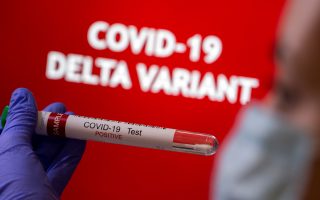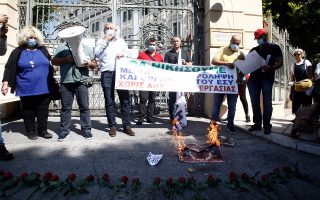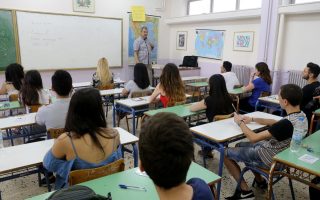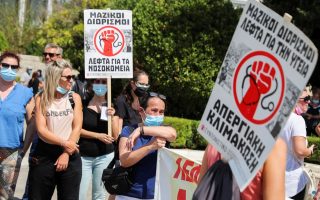Suspensions put strain on health system
Sanctions for unvaccinated doctors and support personnel result in shortages at state clinics
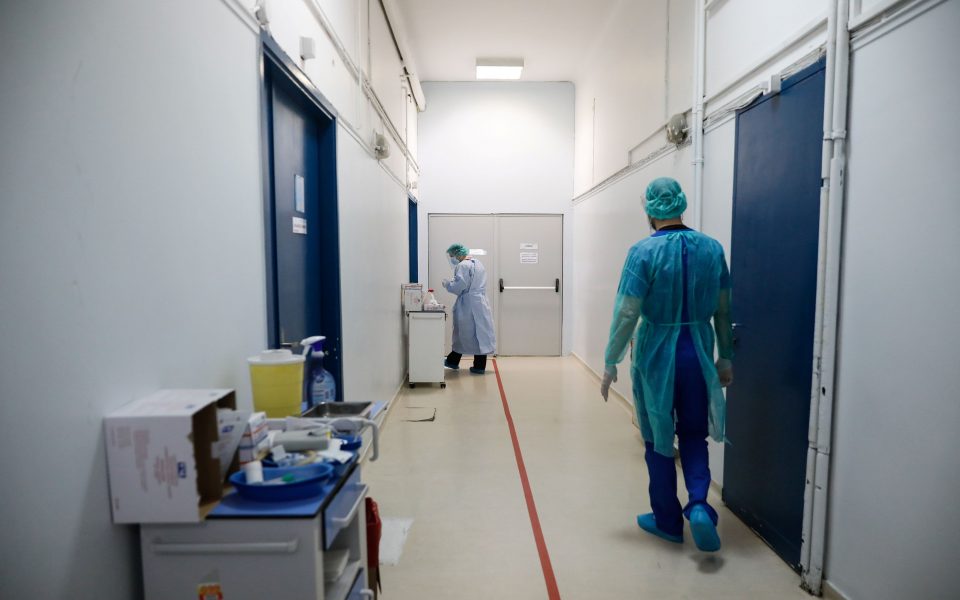
The suspension of unvaccinated doctors and other health workers in effect since September 1, meant as a warning and as an incentive to get inoculated, have resulted in personnel shortages across the public health system.
According to the Health Ministry, some 5,500 health workers and other personnel at public hospitals have been suspended, with another 1,000 told they can’t work at primary healthcare centers.
The problems are more acute in places with few personnel to begin with, such as on several islands, according to the union of state hospital employees. On the island of Naxos, for example, both surgeons, one of two microbiologists, two out of five lab technicians, two out of seven cleaners and five out of 30 nurses have been suspended. On the smaller island of Amorgos, four out of eight employees are not going in to work.
Newly appointed Health Minister Thanos Plevris tried to put a good spin on the situation. “There are certainly some dysfunctions – I want to be upfront – but those are manageable,” he responded Tuesday to a parliamentary inquiry by SYRIZA MP Andreas Xanthos, health minister in the previous leftist-led government. “We consider that, as the days pass and personnel that get vaccinated resume their duties, and with the activation of three-month contracts [with private sector healthcare providers], even these dysfunctions will be eliminated,” he added.
In fact, officials are worried enough that they are considering relaxing the terms of the suspension, allowing personnel who have taken one of the two required vaccine doses back to work. No final decisions have been made about this.
The problem with health workers points to a more general issue concerning the reluctance of people to get vaccinated. Despite all sorts of enticements, incentives and ceaseless messaging, just 56% of the population is fully vaccinated. This drops to 49% for people aged 18-24, who are increasingly getting sick from the Delta variant of the coronavirus.
And at schools, which opened Monday and are feared to become new bases for the spread of the disease, less than one in four 12- to 17-year-olds are vaccinated. It remains to be seen whether Prime Minister Kyriakos Mitsotakis’ promise over the weekend of 50 gigabytes of free data for the smartphones of 15- to 17-year-olds will provide any kind of inducement.

